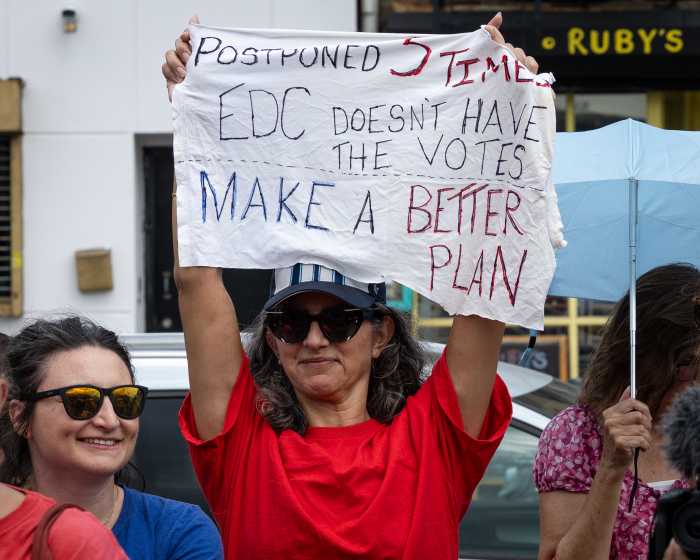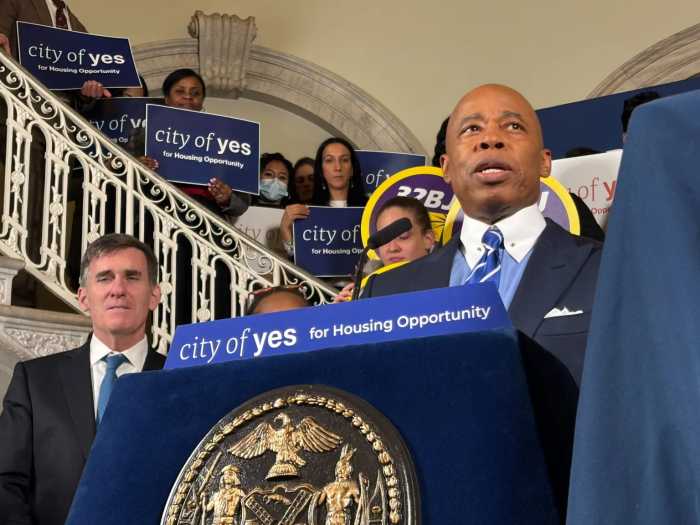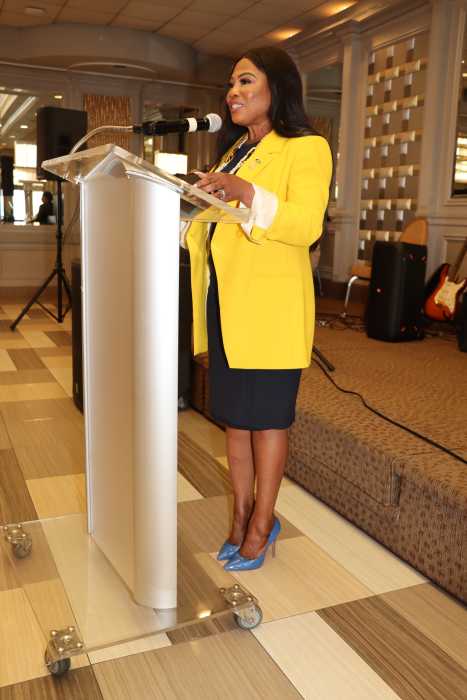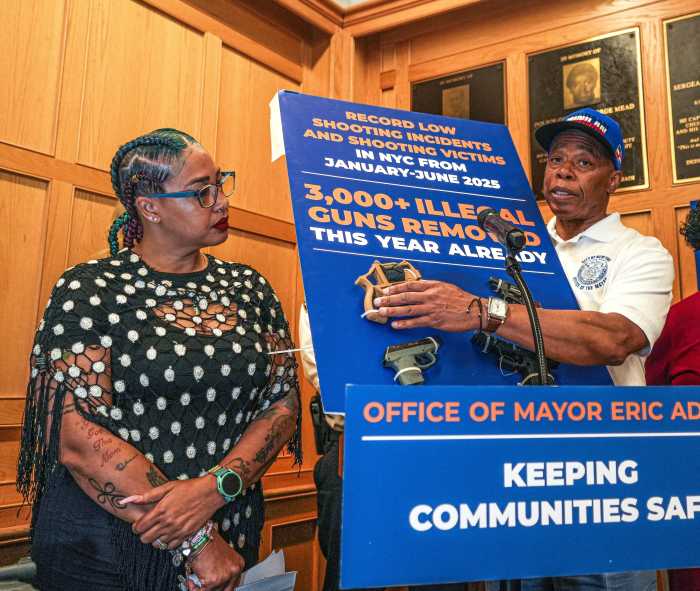It’s fair to say that 2009 was not the year many of us hoped it might be.
The most dramatic advances of the year all came during a stretch of just weeks in early spring when marriage equality won either court or legislative victories in Iowa, Vermont, Maine, and New Hampshire in rapid succession. The election last month of Annise Parker, an out lesbian, as mayor of Houston was also a heartening reminder of how far we have come in winning respect from our fellow citizens.
In Washington, the Matthew Shepard and James Byrd, Jr., Hate Crimes Prevention Act finally became law — eleven years after the heinous murders of a gay Wyoming college student and an African-American Texas man. The only other clear momentum out of the new Obama administration came in the long-delayed elimination of the ban on entry into the US by HIV-positive foreigners and in a presidential executive order granting gay and lesbian federal employees limited partner benefits.
The LGBT community, nationwide and here in New York and New Jersey, can be excused for its growing disappointment and impatience. Obama stirred excitement during his campaign as a “fierce advocate” for LGBT Americans. The election of a Democratic majority in the New York State Senate last fall offered hopes for a trifecta of wins — on marriage equality, transgender rights, and school anti-bullying protections. Early in the year, New Jersey’s Democratic governor, Jon Corzine, pledged to sign a marriage equality law in that state in 2009.
In Washington, only the very lowest-hanging fruit has been harvested so far. An Employment Non-Discrimination Act with protections based on both sexual orientation and gender identity has not made its way through either house of Congress. Aside from the hate crimes measure, the best that has come out of the Congress has been its restraint in not challenging the District of Columbia, first in recognizing gay marriages from other jurisdictions and, hopefully, now again as it has enacted its own marriage equality law.
Despite escalating military commitments in Afghanistan, qualified gay and lesbian service members, including some with Arabic language skills, continue to be discharged, and the president’s national security adviser and communications team have at times been ham-handed in equivocating on Obama’s repeated promise to repeal Don’t Ask, Don’t Tell.
The president has similarly stated more than once his commitment to repeal the Defense of Marriage Act, but the Justice Department has repeatedly filed briefs at odds with that commitment — in some cases, with a decidedly tin ear, to describe the situation charitably — and the federal Office of Personnel Management, headed by an openly gay man, has several times resisted orders from federal judges to allow the Ninth Circuit federal court system to offer its gay and lesbian employees married legally in California spousal benefits. Despite a pledge made at an October Human Rights Campaign dinner to oppose divisive state amendment efforts to deny or turn back marriage equality advances, Obama failed to speak out in specific language against referendums doing just that in Maine and Washington State a matter of weeks later.
Maine, of course, is right near the top of the list of disappointments at the state level, as was the decision by the California Supreme Court in May to let stand the blatantly discriminatory Proposition 8, in which the tyranny of the majority took rights that already existed away from the minority. The apparent collapse of majority support for marriage equality among New Jersey legislators in their post-election lame duck session in the wake of the victory by Republican Christopher Christie, an outspoken gay marriage opponent, points to the extraordinarily contingent nature of so much of the forward progress our community makes.
Here in New York, it may not be too harsh a judgment to say that all of our assumptions about Albany need to be reexamined from top to bottom. After years in which the majority Senate Republicans only rarely paid heed to our community’s needs and aspirations, we wagered an enormous political bet that electing Democrats would change our fortunes. Then, on December 2, after forcing the Senate’s new Democratic leadership into allowing us a vote on marriage equality, the issue went down 38-24, with eight members of that party — fully one quarter — voting against us. It’s true that not a single Republican sided with us (though it is reasonable to believe that had more Democrats come on board, some Republicans would also have been prepared to do so), but it is unmistakably clear that we risk being taken for granted by the Democrats. A marriage vote was granted only grudgingly; apparently, transgender rights and the plight of queer youth bullied in their schools didn’t even clear that hurdle.
All of us — our supporters in the Senate, our professional advocates, grassroots groups, and each of us who cares about these issues — are going to have to work a lot harder and smarter. Winks and nods of the sort we got from Joe Addabbo in Queens last year when he first sought a Senate seat can no longer be accepted as a sufficient basis for our support. We need to get commitments down hard and fast or be willing to support somebody else. We need to arrange constituent meetings with senators again and again and again. We need to protest.
And, yes, we need to look at opportunities for civil disobedience. Let public officials explain why committed gay and lesbian couples are being arrested in marriage license offices across the state.
None of this means we can let the Republicans off the hook. Why is it acceptable that GOP supporters in the Senate come forward only after a preponderance of the Democrats do first? Gay Republicans need to answer that question by holding their Senate friends’ feet to the fire.
And Mayor Michael Bloomberg, who won a third term in office with significant and high profile LGBT support, owes it to this community to stop funding anti-gay State Senate Republicans. He claims he has other political needs those senators attend to, but he also told an October 1 gay campaign rally that he had told Senate leaders earlier that day, “This is our number one priority,”
Those gay leaders who stood with the mayor in this past fall’s campaign need to make certain that he now stands with us. That is the reason they supported Bloomberg’s bid, isn’t it?


































